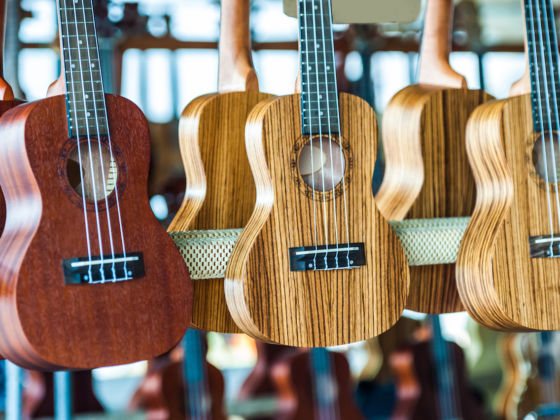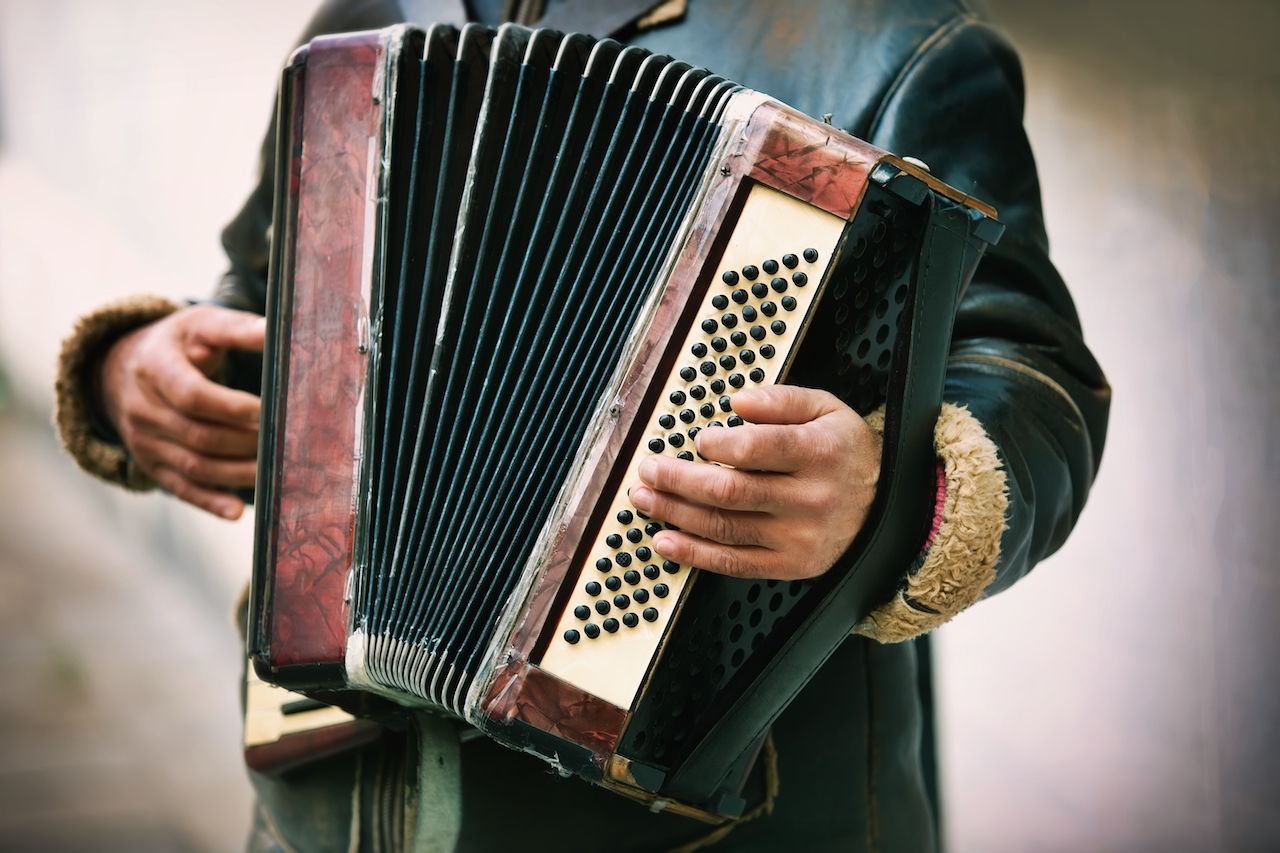FOR THE MAJORITY of musicians, making music keeps us sane and grounded. Music is an extension of who we are, an aspect of our personality. Too long without music and we end up like my poor houseplants – wilted and ready to die.
Unfortunately, most instruments don’t lend themselves to travel, especially if you’re trying to keep your pack weight low. Imagine schlepping your backpack along for a mile in the rain to board a crowded train.


